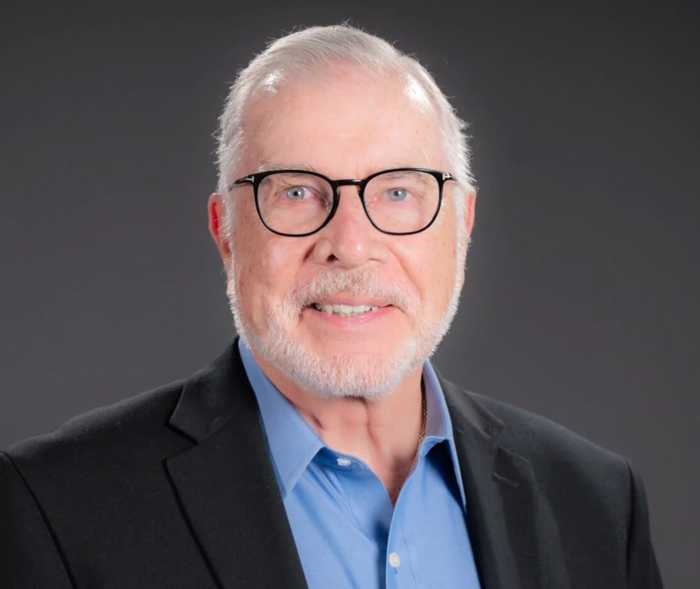I started Raye’s Mobile Kitchen and Convenience with a simple goal. I wanted to share good vibes and great eats with my community. As a recent college graduate, I put everything I had into building a food truck and catering business. We serve homemade comfort food, and I take pride in every plate I hand across the counter.
Like many small business owners, I rely on peer-to-peer payment apps like CashApp, Zelle and Venmo to keep my business running. The apps allow my customers to pay instantly, with less hassle and fewer fees than other options. Zelle, in particular, connects directly to my bank and charges no fees. The money arrives in my account in real time, and I can turn around and use it immediately to buy ingredients, pay staff, and keep my truck moving.
Because I use these tools every day, I was surprised when I heard that the New York Attorney General is suing Zelle over scams that took place on the platform. My surprise is not that her office is prioritizing scams. That’s good news. No one wants consumers to lose money to fraud. The problem is that the Attorney General’s proposed solution risks punishing the wrong people and making life harder for small businesses like mine.
If lawsuits like this proceed, they will make Zelle and peer-to-peer payment platforms unworkable. If Zelle and other services are punished for making transactions instant and difficult to claw back, we can all guess the response. There will be higher fees that cut into already tight margins. There will be new rules that slow down payments and make my earnings harder to access. Even worse, if every payment is subject to dispute, it opens the door to abuse. Imagine serving lunch to a customer who eats it, walks away, and then challenges the payment the next day on false grounds. A refund system like that would be devastating to a food truck.
Weirdly, making platforms like Zelle responsible for the actions of crooks may actually encourage more crime. Criminals will not slow down when they realize the state’s top cop is not focused on them. Instead, they will find new ways to exploit gaps in the system while legitimate businesses and consumers are left paying the price.
I respect the Attorney General’s goal of stopping scams. I also agree that consumer protection is important. But blaming technology is a short-sighted response. It is like holding Apple accountable every time someone steals an iPhone. The real issue is the thief, not the phone.
What consumers and small businesses like mine really need is for leaders to prioritize stopping criminals. The Attorney General has the power to convene banks, law enforcement, and consumer advocates to design reforms that actually target fraudsters. That means tracking down scam rings, shutting them down, and prosecuting the people who are really responsible. It also means educating consumers about how to spot scams before they happen.
Peer-to-peer payments are not a luxury for small businesses. They are a lifeline. In many ways, they are the new cash. These tools allow us to keep pace in a fast-moving economy where customers expect convenience and speed. Weakening that system in the name of consumer protection would actually leave consumers with fewer choices and small businesses with fewer tools.
As the owner of a Black-owned small business that depends on technology to stay afloat, I urge our leaders to put the focus on this criminal activity where it belongs. To stop scams, go after crooks, not small business tools.

Raye Lomini is the owner of Raye’s Mobile Kitchen & Convenience, a food truck and catering business based in Farmingdale.






























